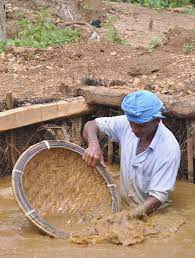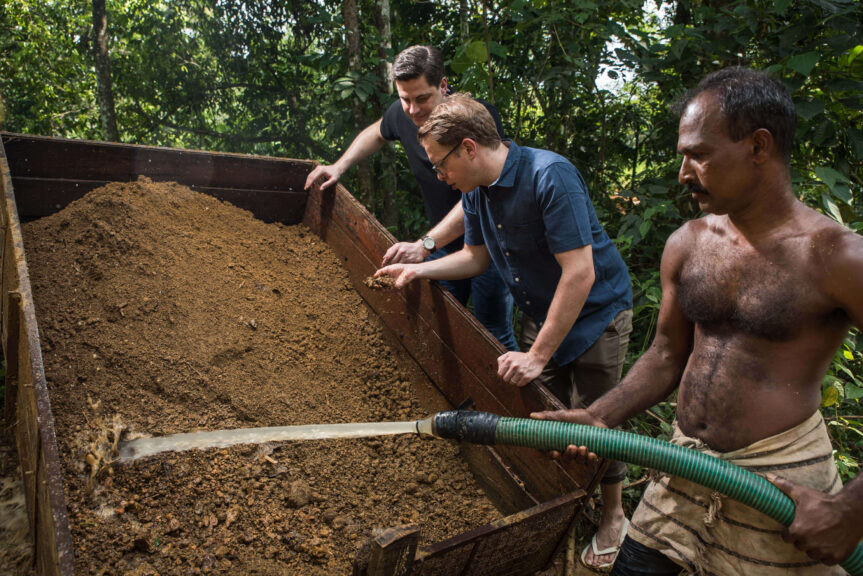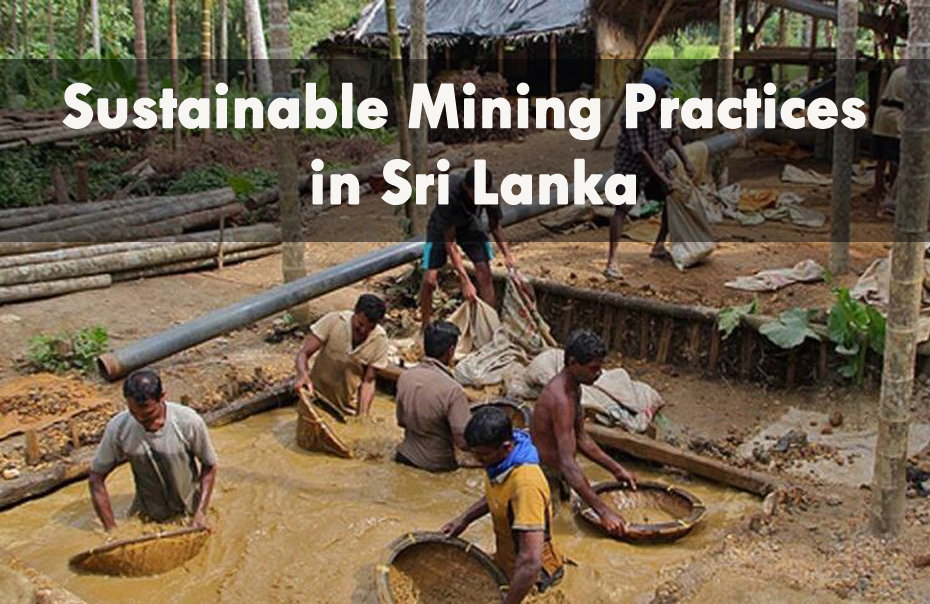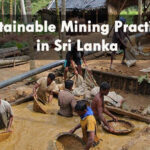Sri Lanka, known for its abundant and high-quality gemstones, has long been a significant player in the global gem market. As the industry evolves, the emphasis on sustainable mining practices has become crucial. These practices ensure that the environment is protected, local communities benefit, and the mining industry remains viable for future generations.
Environmental Stewardship
Sustainable mining in Sri Lanka prioritizes environmental stewardship. This involves minimizing land degradation and avoiding water contamination. Modern techniques, such as precision mining, reduce the amount of earth disturbed, helping to preserve the natural landscape. After mining operations, areas are often rehabilitated with tree planting and land restoration projects, ensuring the environment is returned to its natural state.

Ethical Labor Practices
The commitment to ethical labor practices is another cornerstone of sustainable mining. In Sri Lanka, there is a strong focus on providing fair wages and safe working conditions for miners. This includes comprehensive training and the provision of protective equipment to minimize health risks and accidents. Efforts are also made to eradicate child labor, ensuring that all workers are of legal age and employed under fair contracts.
Community Engagement and Development
Engagement with local communities is vital for sustainable mining. Mining companies in Sri Lanka collaborate with local populations to ensure that their operations do not adversely affect local livelihoods. This engagement often includes investments in community development projects, such as building schools, healthcare facilities, and infrastructure improvements. These initiatives help foster a positive relationship between mining companies and local communities, ensuring mutual support and benefits.

Technological Innovation
Technological advancements significantly contribute to sustainable mining practices. In Sri Lanka, the adoption of modern equipment and techniques has greatly reduced the environmental impact of mining. Advanced water management systems conserve water and reduce pollution, while precision tools ensure that mining is conducted with minimal land disturbance. These innovations make mining more efficient and environmentally friendly.
Certification and Transparency
Certification and transparency are critical components of sustainable mining. Sri Lankan mining companies increasingly seek certification from recognized bodies to demonstrate their commitment to responsible practices. These certifications often adhere to international standards for environmental management and ethical labor practices. Transparent reporting and third-party audits build consumer trust, ensuring that gems are sourced responsibly.
Conclusion
Sustainable mining practices in Sri Lanka are essential for preserving the country’s rich gem resources, protecting the environment, and supporting local communities. By embracing environmental stewardship, ethical labor practices, community engagement, technological innovation, and certification, Sri Lanka is setting a high standard for responsible gem mining. These efforts not only ensure the longevity of the gem industry but also contribute to a sustainable and prosperous future for all stakeholders involved.




